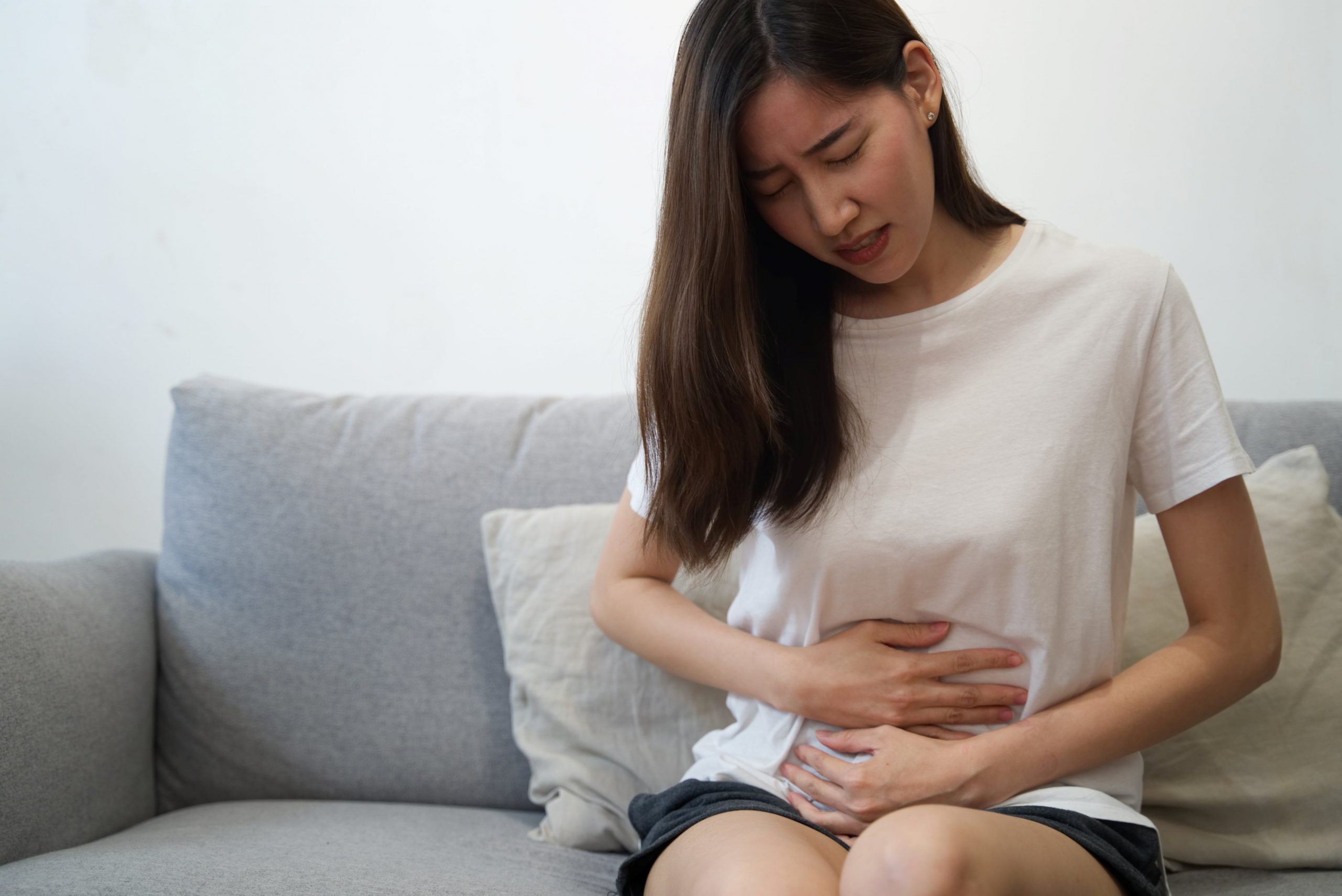Food poising is a common problem today and everyone can be affected. Knowing every critical information about food poisoning, including the symptoms, how to handle them, how long they should last, and when to get worried helps you handle the situation better.
Food poisoning is a common issue affecting the world today. While any person can be a food poisoning victim, small children (including infants), older people, and those with chronic illnesses are more at risk of food poisoning. That said, you likely would like to know how long it takes for the symptoms to recede for you to feel better. Generally, that’s a tricky question because the severity and cause of a particular food poisoning instance are critical in determining how long the symptoms will take. Still, knowing the symptoms of food poisoning and what to do about them is a safety step, especially because instances of food poisoning have increased and above 20% of every population suffers from it every year. This article answers each of the factors so you can stick around and walk away with these gems.
What is food poisoning?
Food poisoning is the common term people use when referring to foodborne illness, a form of body attack that occurs when a person eats contaminated food. From time to time, bacteria, metals, chemicals, fungi, and viruses get their way into foods and infect them, causing food poisoning. Norovirus, campylobacter, listeria, salmonella, and Clostridium perfringens are some of the commonest causes of foodborne illnesses. This can be due to wrong food handling or cooking practices, inappropriate food treatment, and letting food to overstaying before eating it. Eating raw, precooked, or undercooked foods, fruits, vegetables, poultry, and dairy products can get the food poisoning agents to the bloodstream, springing foodborne illnesses. Although food poisoning often occurs at the point of cooking, it can also occur at the points of production or sale.
How can you tell that you have food poisoning?
Knowing how to determine that one has food poisoning is critically important because as mentioned at the outset, food poisoning instances have increased big time. The symptoms of foodborne illnesses vary depending on the cause, but fever, vomiting, abdominal pains or cramps, nausea, and bloody or watery diarrhea are some of the commonest food poisoning symptoms.
There are other symptoms of food poisoning, although they are rare. For instance, some people have reported blurred or double vision, skin rashes, dehydration, and itching, and upon diagnosis, they tested positive for food poisoning. Muscle aches and mucoid stool have also been linked to food poisoning, especially the severe ones that last long.
When do food poisoning symptoms occur and how long do they last?
Depending on the severity of food poisoning and its cause, you can expect to see the symptoms within hours of eating the contaminated food or days, or even weeks much later. Similarly, how long the symptoms can last will depend on several factors, including;
That said, most victims of food poisoning only take a day or two to recuperate without medical attention. However, the factors above may make the symptoms worse and may take a week or weeks to recede. In such cases, medical intervention is a must-do.
What parts of the body are affected by food poisoning?
Most food poisoning victims have their intestines, both small and large, and the stomach affected. The food poisoning causative agents likely produce harmful toxins which stick to the stomach and intestinal walls, corroding them. Depending on how intense the corrosion of the walls gets, the abdomen will also pain. Other organs such as the liver and kidney can also be affected by food poisoning, although the stomach and intestines are often victimized. When the poisoning results from chemicals, they may find their way to the liver and kidney and affect them. Likewise, the biological agents might also produce toxins that only the kidney can eliminate and, in the process, the organ could be affected.
What steps should you take in food poisoning instances?
There are several things you can do in case there is a food poisoning case, but this largely depends on the symptoms. For example, if a person has diarrhea or is vomiting, you need to take steps that will enable him to be rehydrated. Although the discomfort may cause you to feel like not taking anything, try as soon as you can to take fluids. This can be water, porridge, or ice chips that you can suck and replace the lost electrolytes. You could also try rehydration salts designed to compensate the body for the lost electrolytes and usually help toddlers, children, people with chronic conditions, immunocompromised and older fellows. Bananas, cereals, crackers, ginger, toast, and citrus fruits could also help you but you need to keep off alcohol, caffeine, oversweetened foods, and dairy products.
When food poisoning needs a doctor’s attention
Toddlers, children, older adults, immunocompromised and pregnant people, and those with chronic illnesses are highly sensitive to food poisoning and if you experience the symptoms for the first time and fall in the mentioned categories, you will need to seek a doctor’s advice. In addition, if symptoms like diarrhea, blurred vision, bloody vomit, tingling arms, and muscle weakness last more than 2 days, you will need to see a doctor.
Conclusion
Food poisoning or foodborne illnesses can be caused by bacteria, viruses, fungi, metal, r chemicals, among other things. Depending on the substances causing the food poisoning, how much of it you ingested, and the severity of symptoms, the symptoms may last a day or two or extend to a week or weeks. In case the symptoms get serious and diarrhea, bloody vomit, and muscle aches last more than two days, you should see a doctor.
- Our Big Kitchen’ (OBK) is a non-profit organization located in Sydney, Australia - April 10, 2023
- Duos CBD, a hemp product E-commerce website - April 10, 2023
- SOFA SPOONING SEX POSITION - April 7, 2023








